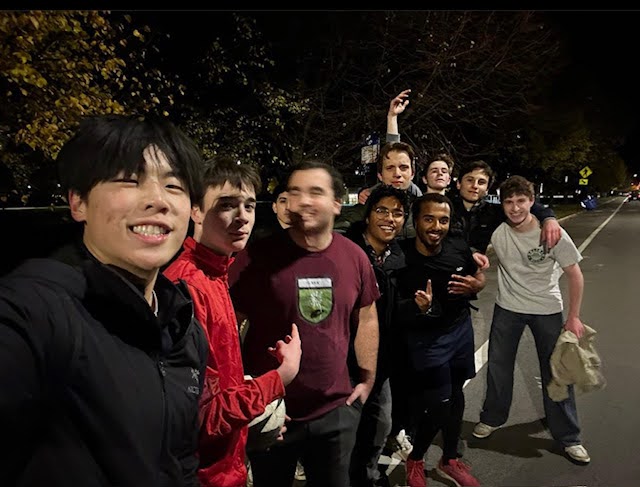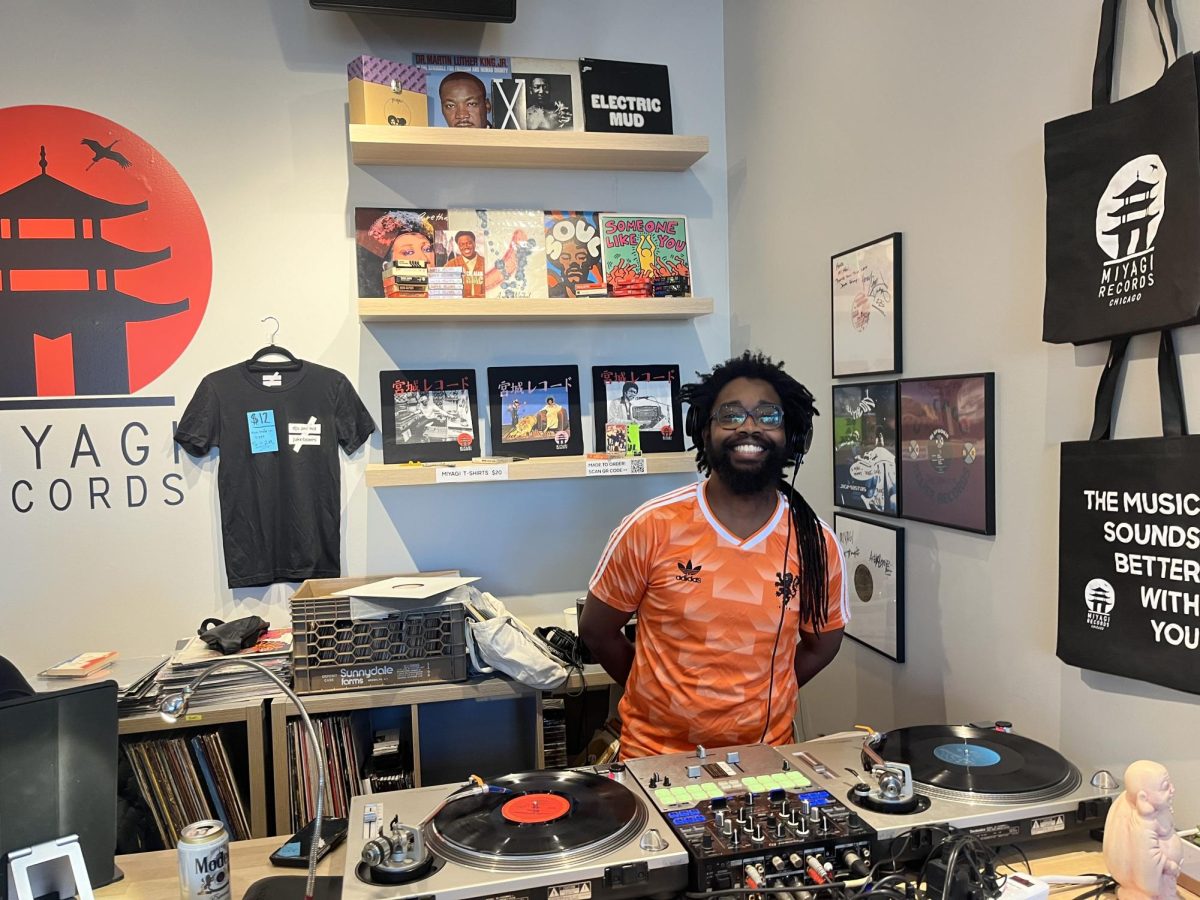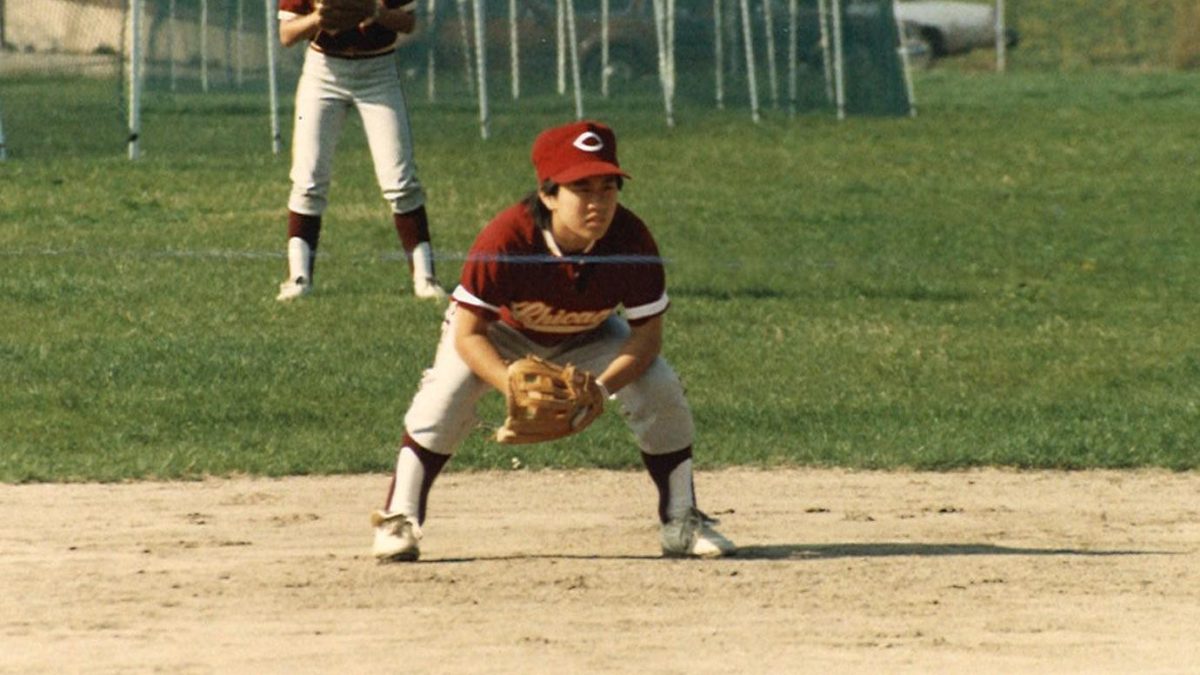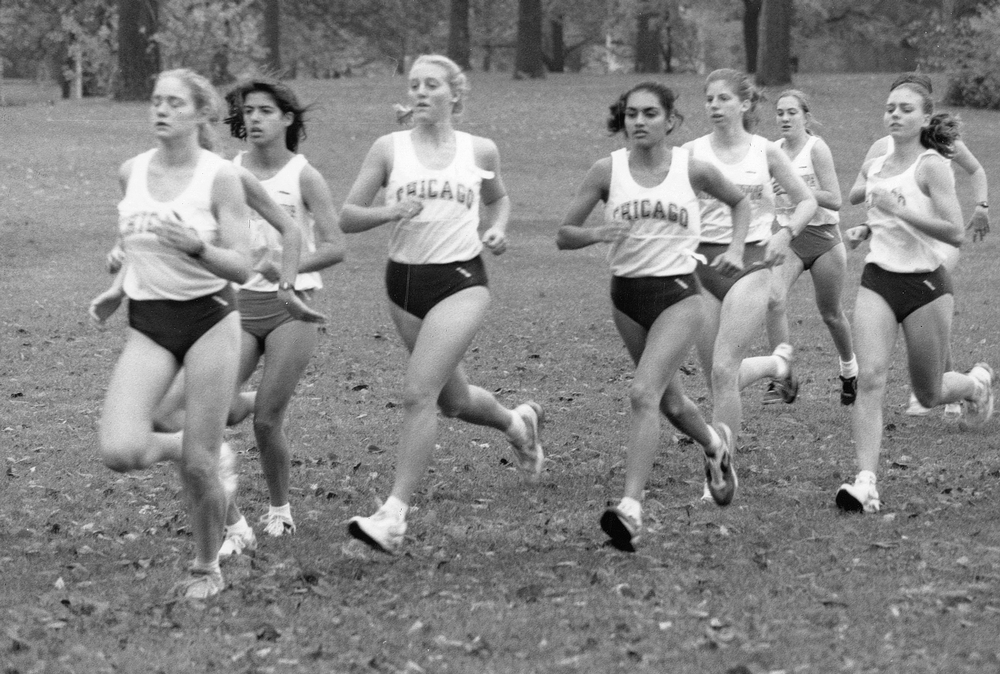Spring training is now under way. Those of you who didn’t follow basball’s offseason missed a historic time, in which some of the game’s greats changed uniforms. You also missed one of the strangest moments in the history of the sport—a player struck out before the season even started.
Actually, Kaz Tadano joined some great names with that whiff—Hall of Fame names like Sandy Koufax and Mike Piazza.
What could Tadano, a minor league pitcher who is hoping to make the Indians’ bullpen out of spring training, have in common with Koufax and Piazza? Like them, he stood up in a public forum, and with the world and the media watching, declared his heterosexuality.
Tadano did so amid the confirmation of rumors that while in college, he appeared in a gay porn film. Just as Koufax and Piazza earlier had denied allegations of homosexuality in the New York Post, Tadano assured the media and the rest of the world that he preferred women.
Here’s my question to you, Kaz Tadano: Why say anything at all?
We are entering a critical time in the struggle for equal rights for homosexuals. With the recent court ruling in Massachusetts, gay marriage will become a reality before the class of 2004 graduates. Perhaps even more significant is the situation in San Francisco, in which Mayor Gavin Newsom has defied state law and allowed civil marriages within the walls of City Hall.
We may have passed the point of no return. The clamor for constitutional amendments defining marriage as a union between a man and a woman reminds me of nothing so much as it does the strengthening of Jim Crow laws during the civil rights era. In fact, there is a strong parallel between the two periods. With this step forward being taken in Massachusetts and San Francisco, the movement for gay rights may have reached the equivalent of Truman’s order to desegregate the army—a meritocracy in which African-Americans had already enjoyed some success—in 1945.
The next step would be a major success in a bastion of conservatism, as took place in 1947—Jackie Robinson’s debut in the major leagues. It’s time for baseball to take that same step with homosexuality.
Understand, there have already been several homosexual major leaguers. Billy Bean, journeyman outfielder for the Tigers, Padres, and Dodgers, came out after his retirement, and commented in his biography, Going the Other Way, that he knew of others, some of whom were prominent stars. Obviously, the sheer number of major leaguers suggests that on average, there should be at least one in every locker room. That’s a big deal for some of the less enlightened denizens of baseball—players and fans alike—to accept, undoubtedly a major factor in the decisions of previous players to lash out at the media for “accusing” them of homosexuality.
Tadano, however, has a different problem. This isn’t mere innuendo, but incontrovertible evidence. Any remotely homophobic teammate is unlikely to buy Tadano’s bumbling excuses. No matter how many times he insists that he “only did it for the money,” those who want to are still going to dismiss him as a “fruitcake.”
So why did he follow in the disappointing steps of countless other major leaguers? What prevented him from simply saying, “Yes, this happened, but you know what? Just because my ERA is your business doesn’t mean my sexual preference is. Who I sleep with is none of your concern.”
Does he really think that simply stating in a press conference that he’s straight will satisfy suspicious teammates? Does he imagine that the epithets from the Yankee Stadium bleachers will be any less offensive because he simply did it for the cash? Where did he get the notion that he won’t get spiked when covering first because opponents know he’s only “experimented” with being a member of a minority so long-feared in the athletic world?
Baseball and society need a gay Jackie Robinson badly, even if his homosexuality is simply an assumption. And the journey may not be as lonely as one would think. Robinson had the embrace of Pee Wee Reese in the middle of the infield in Cincinnati in 1947. Perhaps Tadano would have support along the lines of Bean’s former roommate, utility infielder Archi Cianfrocco, who told The Miami Herald that, “We had a good friendship. Looking back, I wish he could have told me because he went through a lot. I could have been a friend he could lean on.”
Interestingly enough, playwright Richard Greenberg wrote a drama about a popular baseball player who “outs” himself. Take Me Out, which has been running off-Broadway since 2002, takes a surprisingly optimistic view of how a gay player might eventually be accepted for who he is by fans, coaches, and players alike. While the play’s message is ultimately idealistic, it reminds us that someday someone will come out of the closet, and the only angry response will come from extremists that lack common sense.
Certainly, Tadano would also benefit from the knowledge that he was helping to change society, and that he could just maybe be remembered for more than his limited skill in chucking a curveball; he could be the man who brought homosexuality into the open in team sports.
Don’t get me wrong. I’m not suggesting that an openly gay major leaguer would have the same social significance that has come with the advent of gay marriage, but the fact is that sports do mirror our society and have traditionally foreshadowed civil rights advancements by taking the first step ahead of everyone else. It is unfortunate that homosexuality is so taboo that it may very well force sports to play catch-up long after the rest of us have embraced GLBT people.
Our children, like it or not, look up to athletes. What message does it send them if big league athletes can get away with using drugs, dodging their responsibilities as parents, and choking their coaches, but they can’t get away with having a different sexual orientation? A gay sports star would raise awareness of the issues faced by homosexuals in a demographic that could badly use the boost.
But Tadano followed the same shameful path as his predecessors and denied it all, demonstrating once again how our prejudices can overcome basic standards of decency. He’ll endure the same taunts and the same snubs, all to no particular purpose. Baseball will go on, ignoring its non-controversies, not forced to reflect the change in society.
I won’t be rooting against Kaz Tadano. In fact, I feel a lot of sympathy for him. It’s unfair that he should have to endure what he’ll go through, simply because America is a sexually puritanical nation. All the same, I can’t help but shake my head and wonder what could have been if he had just had a little more guts. While a battle-hardened Robinson endured all manner of pain and insults, his first year with the Dodgers was still a major breakthrough for civil rights.
It seems we’ll have to wait a little longer to see what effect a major-leaguer who won’t discuss his sexuality will have on the gay rights movement. Tadano will fade out of sight, forgotten, like hundreds of other journeyman players.
So long, Kaz. Thanks for nothing.







